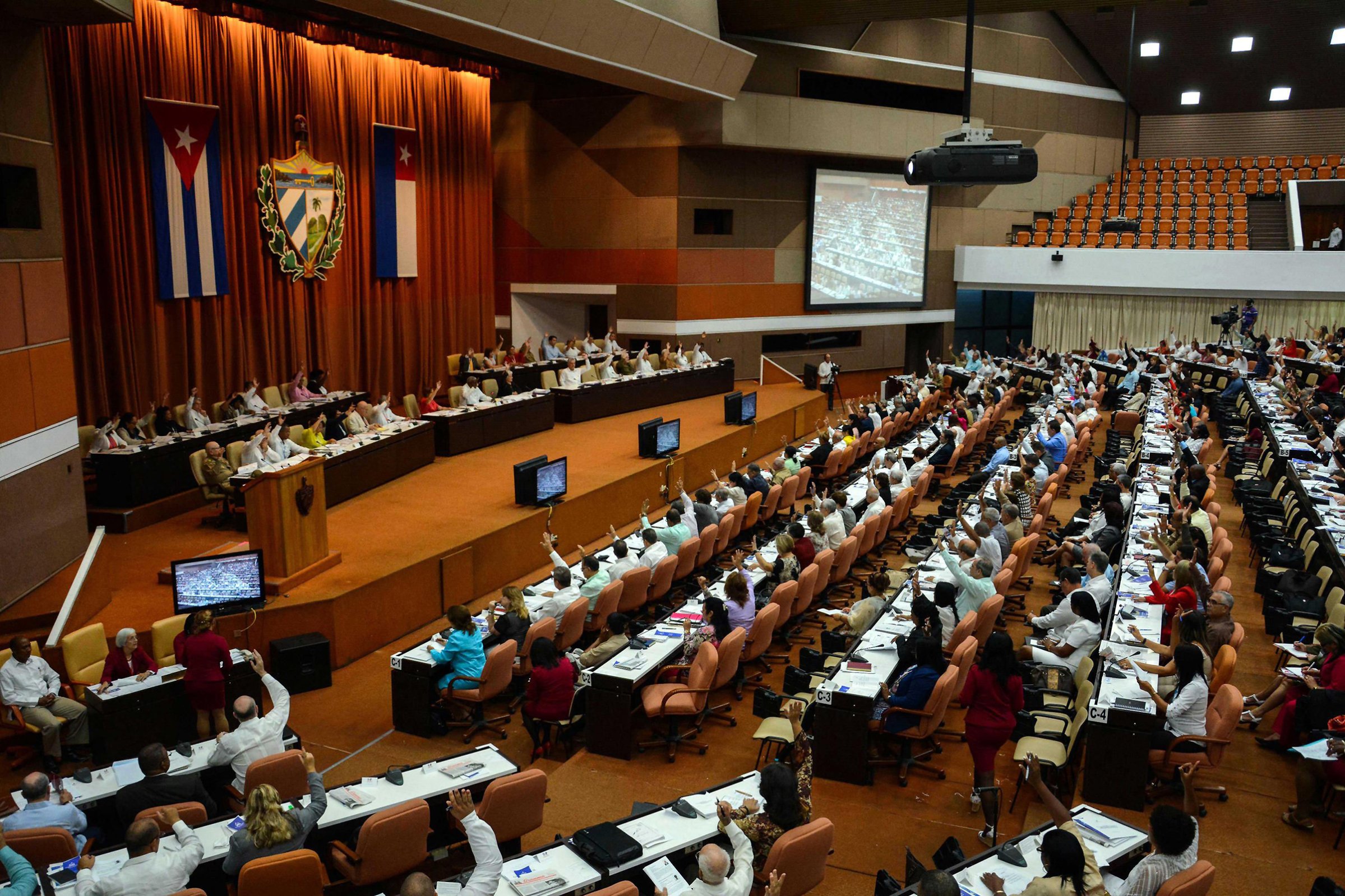
Cuba is set to turn the page on decades of communism, after lawmakers approved a rewrite of its 42-year-old constitution that would fundamentally reshape the island’s government, society and economy. But although the document removes a national goal to build a “communist society,” the party will still be in charge:
Constitutional Overhaul
For the first time since the Cold War, Cubans will be able to own private property, strengthening a fledgling private-sector economy that now employs 12% of the workforce. The country will bring in age and term limits for Presidents and create a Prime Minister role, ensuring that future leaders will not enjoy the level of personal power that the late Fidel Castro and his brother Raúl exercised for 59 years, until Raúl installed successor Miguel Díaz-Canel in April. Social changes are also on the way, with same-sex marriage likely to be legally recognized.
Limited Freedoms
Díaz-Canel says a planned public consultation and vote on the constitution show that Cuba is now a “genuine democracy.” But one-party rule remains, and most ministers from the Castro days are staying on. Entrepreneurs say the government’s progressive tone contrasts with its actions; in July it announced tighter restrictions on businesses after a yearlong freeze on new licenses. Chilly U.S.-Cuba relations will further temper foreign investment.
New World
Cuba is trying to adapt to a world very different from the one in which the 1976 constitution was written. The Soviet Union is long gone, and in ideological fellow traveler Venezuela, authoritarian socialism has collapsed into humanitarian crisis. Cuba’s weak economic growth has not been enough to compensate the loss of its former benefactors and it has been forced to cut energy use and imports, making reforms more urgent. But leaders insist that they are “not renouncing [their] ideas,” aiming for an incremental transition to a “prosperous” socialism rather than full-blown capitalism. Cuba is changing, but the party will set the pace.
More Must-Reads from TIME
- Introducing the 2024 TIME100 Next
- The Reinvention of J.D. Vance
- How to Survive Election Season Without Losing Your Mind
- Welcome to the Golden Age of Scams
- Did the Pandemic Break Our Brains?
- The Many Lives of Jack Antonoff
- 33 True Crime Documentaries That Shaped the Genre
- Why Gut Health Issues Are More Common in Women
Write to Ciara Nugent at ciara.nugent@time.com